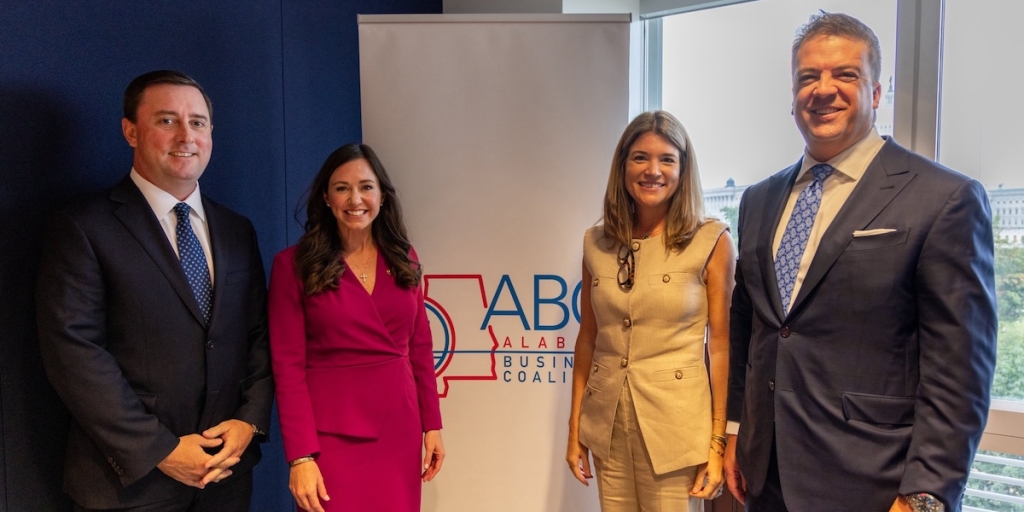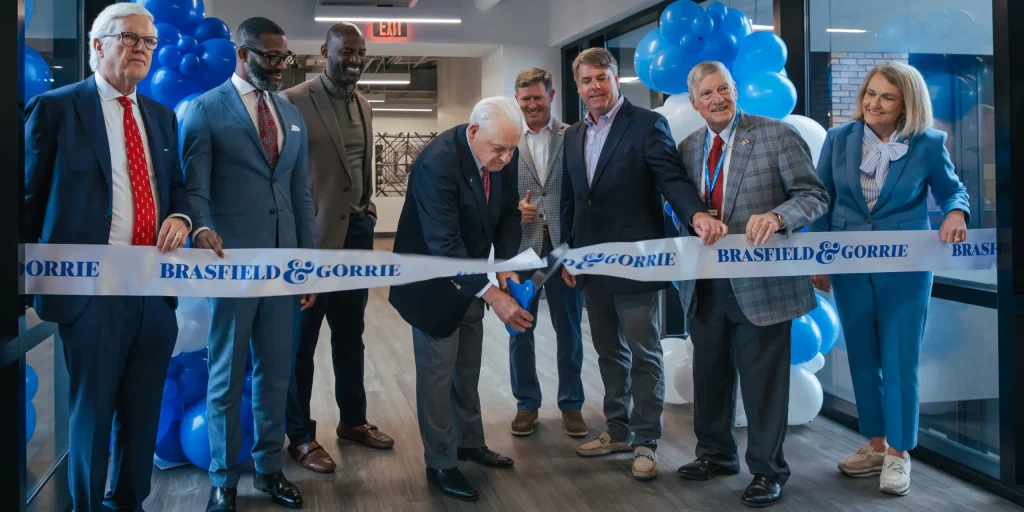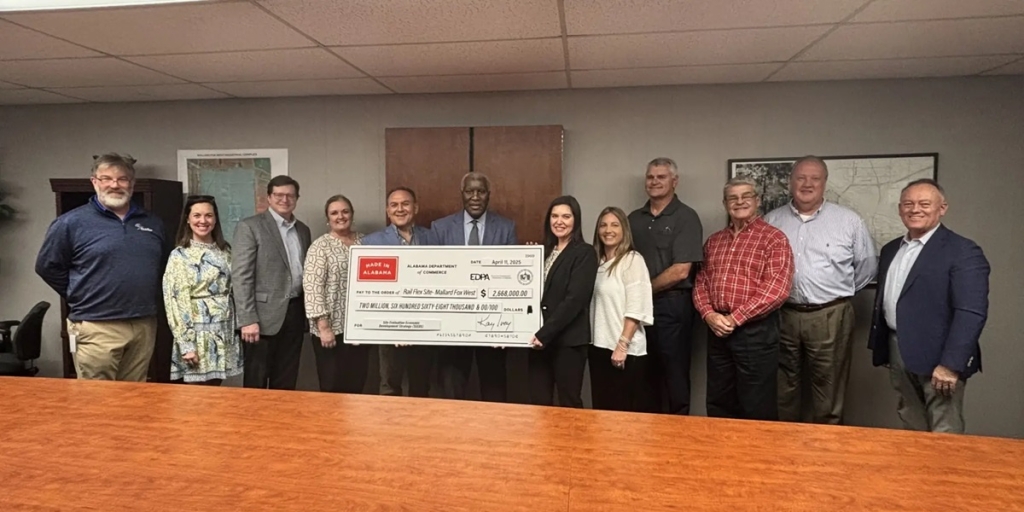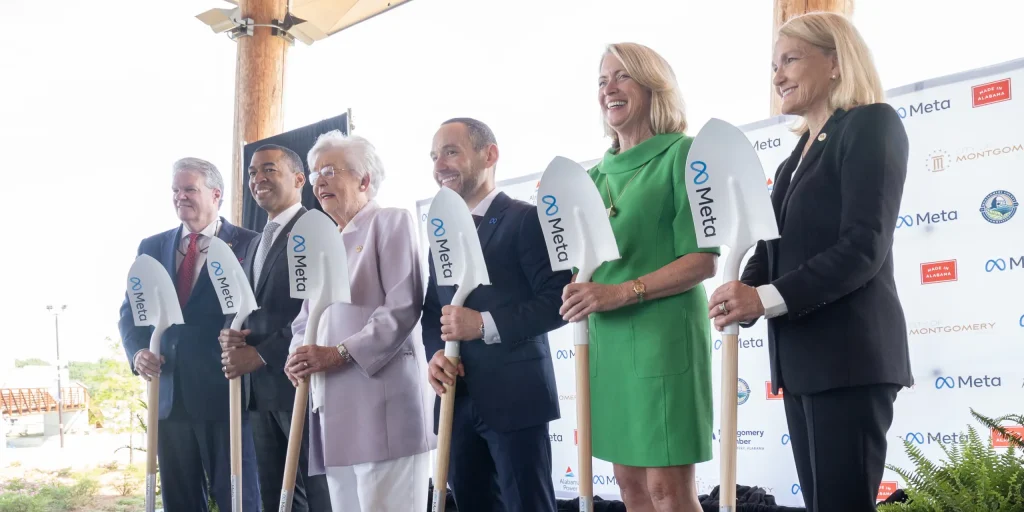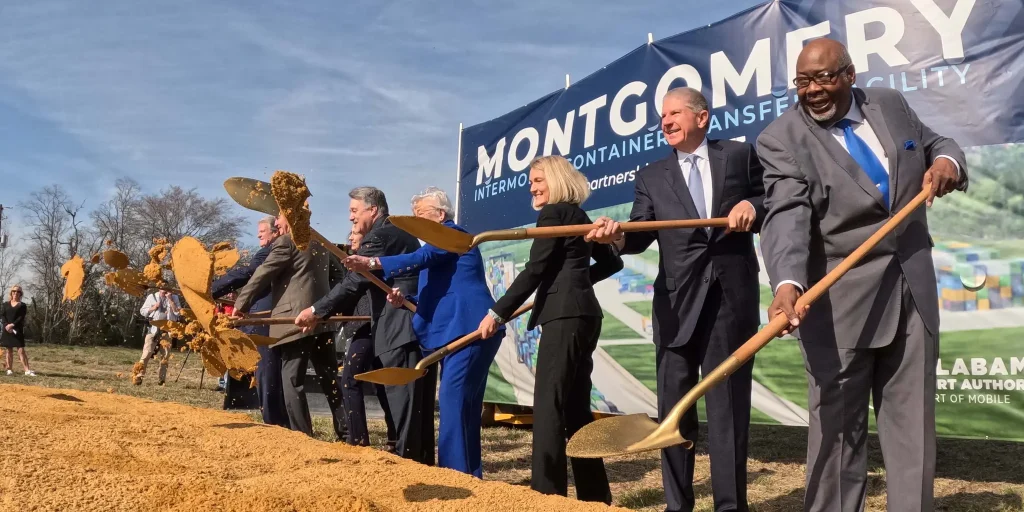Governor Kay Ivey today announced she has received a forward-thinking economic strategic plan presented by Commerce Secretary Ellen McNair. Designed to guide the state’s growth through the next decade and beyond, the plan cements Alabama’s status as a leader in economic development.
This comprehensive plan — called Catalyst — replaces the state’s previous framework, Accelerate Alabama, which has successfully driven $67 billion in capital investment and nearly 170,000 job commitments since 2012.
Governor Ivey emphasized the necessity of a modernized approach to power sustainable economic growth for the state.
“We must have an economic development strategy that prepares Alabama for the 2030s today,” she said. “New technologies are revolutionizing every aspect of the business world, and it’s vitally important that we’re ready for these fast-paced changes so we can remain competitive for projects that create good jobs and inject vitality into communities.
“Catalyst will keep us energized and in the game as the future brings new challenges,” Governor Ivey added.
New strategies
The next-generation strategic plan incorporates a broad focus, expanding beyond traditional recruitment tactics to elevate human capital, facilitate entrepreneurship, attract new talent, and promote rural development.
A key component of the plan is quality placemaking, which leverages Alabama’s robust outdoor recreation infrastructure to enhance community appeal.
In addition, the plan identifies eight priority industry sectors that align with Alabama’s long-term economic development priorities and goals.
These are:
- Mobility (linking automotive and aerospace)
- Defense
- Metal and Advanced Materials
- Chemical Manufacturing
- Forestry and Wood
- Agriculture and Food
- Bioscience
- Technology
The plan also identified two critical “enablers” based on their ability to catalyze growth across the priority pillars: Business Services and Logistics & Distribution.
These sectors and their associated enablers are designed to harness Alabama’s existing strengths while positioning the state’s cities and rural communities to capitalize on emerging opportunities and trends.
“With this inclusive strategic plan in hand, Alabama is committed to fostering a vibrant and diverse economy that can adapt to the rapidly changing global landscape,” said Secretary McNair.
“By prioritizing collaboration, innovation, and strategic investment, Alabama is reinforcing its position as a top destination for business and economic growth.”
McNair, who took the helm at the Alabama Department of Commerce at the beginning of this year, began her tenure with a charge from Governor Ivey to spearhead the development of the new strategic plan.
Collaborative effort
To assist McNair in fast-tracking the plan’s creation, a high-level task force was formed, including Greg Barker of the Economic Development Partnership of Alabama, Bill Poole representing Innovate Alabama, and Dr. David Bronner of the Retirement Systems of Alabama. Teams from each of those organizations made significant contributions to the plan’s development.
International consulting firm McKinsey & Company was brought on to provide in-depth analysis, supported by research teams from Troy University and Alabama A&M University.
McKinsey conducted extensive quantitative and qualitative analyses as part of the development process, which included engagement with over 400 economic developers and community leaders, along with key business leaders in Alabama.
The process also included 17 regional workshops and focus groups, ensuring a comprehensive and collaborative approach.
Moving forward, McKinsey will assist with the launch of the Alabama Growth Alliance, a key initiative that brings public and private leadership together to coordinate and strengthen the state’s ability to bring about economic development success. The firm will also remain involved during the implementation phase for Catalyst.
“I want to extend my heartfelt thanks to the talented members of the Strategic Plan Task Force who dedicated their expertise and insight to the development of the Catalyst plan,” Secretary McNair said.
“Greg Barker from EDPA, Bill Poole of Innovate Alabama, and Dr. David Bronner from the RSA and their teams all played pivotal roles in shaping this future-forward strategy. Their leadership, collaboration, and commitment have ensured that Alabama is well-positioned to seize future economic opportunities, and for that, we are truly grateful.”
Click here for a Catalyst summary and here for FAQs.
This story originally appeared on the Alabama Department of Commerce’s Made in Alabama website.








